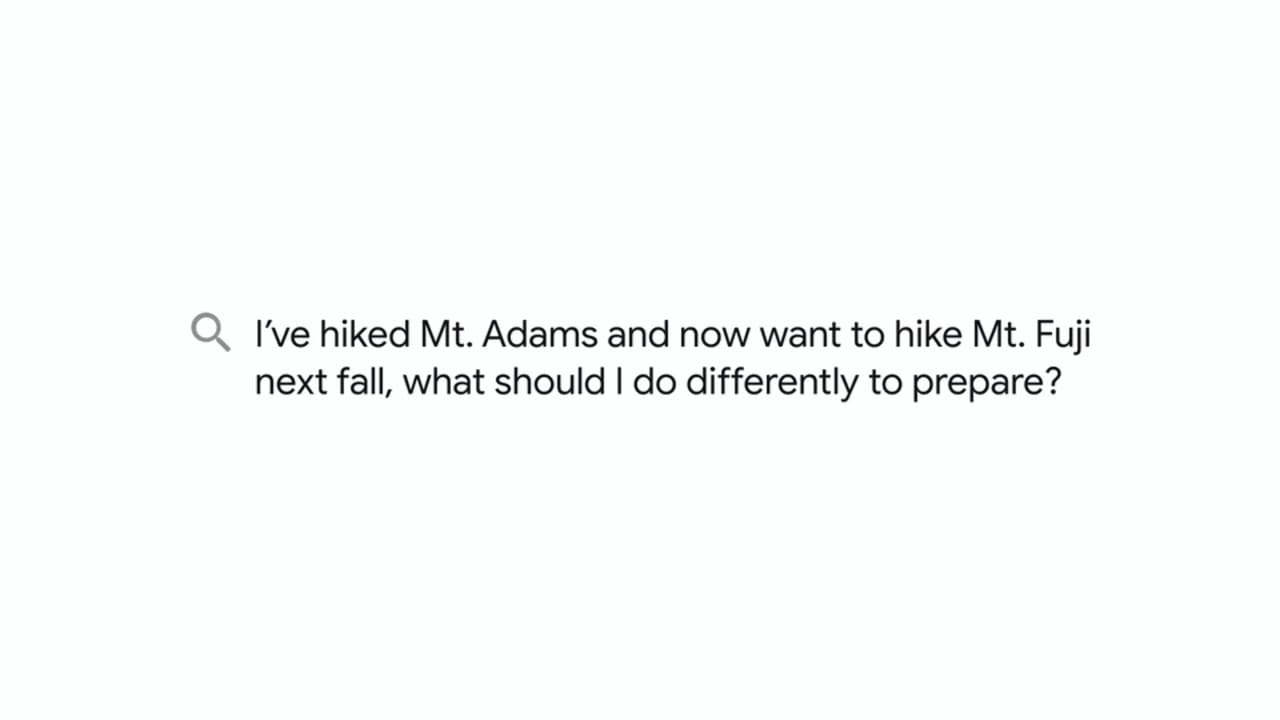Google is flexing its artificial intelligence muscle to help users of its search engine research complex tasks that would normally involve multiple queries. Many of the Google searches we do are just a single query, such as “file a request for extension federal tax.” But other searches involve several searches about different aspects of a complex task. You might, for example, want to know how to prepare for a river rafting trip in Montana in August, and how the preparations might differ from the preparations you did before your Colorado River rafting trip last fall. If you asked a local rafting expert how to prepare you might get an extended answer that covers a range of relevant questions. Will the weather be hotter than it was in Colorado

Read more here:
How Google’s new ‘MUM’ algorithm could transform the way we search